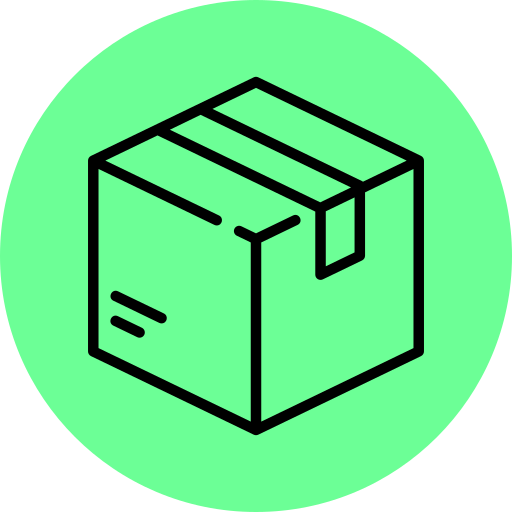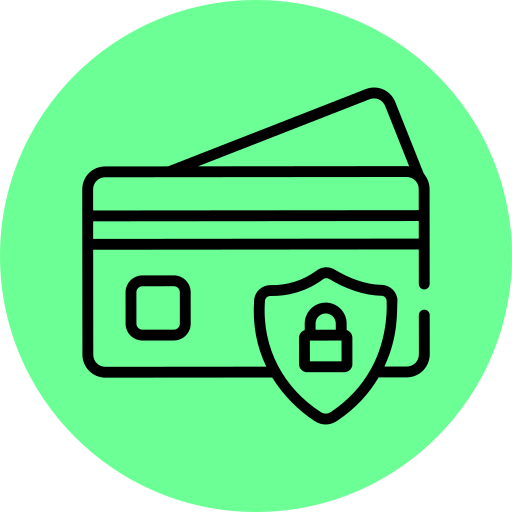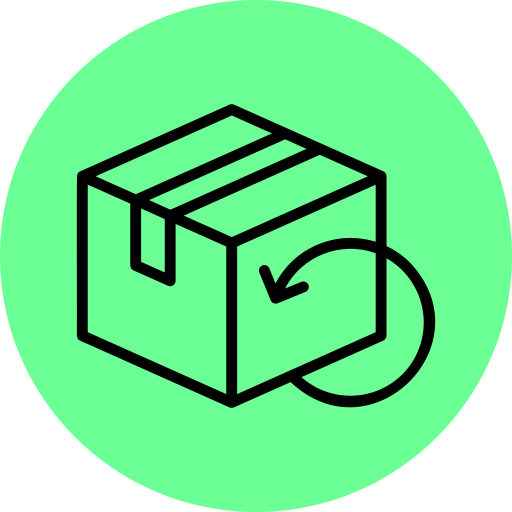Author: Dr. Achim Zinggrebe
Sugar is considered unhealthy. But can it exacerbate the symptoms of ADD and ADHD in children and adults—or is it even the trigger?
Studies say: That could be the case.
But with the right diet, you can reduce the effects. We'll show you how.
In short: How are ADHD and sugar related?
- In the long term, too much sugar can increase the risk of ADHD.
- In the short term, it can trigger inattention and hyperactivity in ADHD patients.
- A low-sugar diet, on the other hand, can provide more concentration and inner peace.
- You should especially avoid soft drinks. A protein-rich diet also helps.
Does sugar consumption cause attention deficit disorder? Studies say
According to a study by the University of Colorado, excessive sugar consumption over a long period of time can increase the risk of ADHD. Some studies even estimate a fourfold increase (Del-Ponte et al. 2019).
The reason: Sugar makes you (temporarily) happy and energetic. After consumption, the body releases the happiness hormone dopamine. But the effect quickly wears off . And when the low hits, you feel sluggish – and your attention suffers. To be able to concentrate again, your body demands more.
This cycle can develop into a true sugar addiction .
Furthermore, a study found that the brains of ADHD patients process glucose less effectively than those of people without ADHD. The brain regions that regulate focus and impulsivity are particularly affected (Loewen et al. 2020).
But there's also some good news. A balanced diet with plenty of fruit and vegetables and few sweets can also protect against ADHD . Below, you'll learn what should be on your plate.
|
Free e-book for parents Find out on 14 pages how you can better support your sensitive child with fluctuations in concentration. Subscribe to the newsletter now and receive the e-book directly |
Do sweets increase hyperactivity and the like?
Some studies indicate that excessive sugar consumption—for example, after a binge— can worsen symptoms of ADD and ADHD (Farsad-Naeimi et al. 2020). Attention, in particular, appears to suffer after too many sweets (Li 2020).
This is due to blood sugar : Sugar causes blood sugar levels to spike rapidly and then crash just as quickly. This creates a short-term surge of energy—and thus hyperactivity—and then even more fatigue, which causes concentration problems.
The low levels also lead to an increased release of adrenaline, which in turn is accompanied by an undersupply of glucose to the brain. From hyperglycemia to hypoglycemia , so to speak.
In ADHD patients, the effects on blood sugar levels are particularly severe . They also exacerbate brain imbalances that affect behavior.
In addition, the production of neurotransmitters is hampered. Neurotransmitters are the messenger substances in our nerve pathways. If they are missing, you feel restless, nervous, and irritable .
How to check how you and your children react to sugar
Do you feel like your child is getting really excited after eating sweets? Or do you feel anxious yourself when eating cakes and the like? Then you can test how strongly your body reacts to the sweetener.
Here's how: Reduce as much sugar from your diet as possible for ten days. During this period, log what you eat, what you drink, and the frequency and intensity of your symptoms. On the eleventh day, you or your child will drink a glass of fruit juice with a teaspoon of white sugar. How do the symptoms change? Write it down and compare it to the list!
Observe the reaction: If hyperactivity and lack of concentration occur within a short period of time, there is a problem related to sweets.
But that's not a bad thing at all – it's actually good news: If you realize how harmful sugar is, you can do something about it.
In the next section we will show you how.
6 tips for a balanced diet
If implemented over the long term, a healthy diet can help you alleviate ADHD symptoms.
1. Ban the following foods
You should eat as few foods as possible that contain added sugar or “empty” carbohydrates.
- Soft drinks: Even a glass of soda is often enough to trigger a sugar rush. Plenty of water and unsweetened tea are better.
- Energy drinks: In addition to the sweetness, it is the caffeine that causes attention problems.
- Empty carbohydrates: Bread, pasta and other products made from white flour provide quick energy without being filling.
If you don't buy these foods in the first place, it will be easier for you to avoid them. And if you, as a parent, model healthy eating, your child will follow suit.
Tip: When shopping, check the glycemic index on the packaging. It shows how quickly foods are converted to glucose and thus raise blood sugar levels. The lower the index, the better.
Caution: When you look at the packaging, be on the lookout for "hidden" sugar. It's often hidden behind names like corn syrup, cane sugar, dextrin, sucrose, and the like.
2. Eat more protein
Proteins help you maintain a steady blood sugar level. They are digested slowly and produce neurotransmitters that are important for the nervous system.
Lean meat and fish, nuts, tofu and legumes should therefore be on your menu.
3. Don't completely avoid sugar
A completely sugar-free diet is not healthy. Because the body needs sugar! It's an energy source and a building block for many new cells.
This "healthy" sugar is found in fruits and vegetables . There, it comes with many vitamins and minerals. So eat more of them.
And you don't have to eliminate bread, pasta, rice, and potatoes from your diet. Quite the opposite: They contain so-called polysaccharides – long-chain carbohydrates – that keep you full for longer. But it's best to opt for whole-grain products .
|
Even more tips in our e-book for parents!
Subscribe to the newsletter now and receive the e-book directly |
4. Find alternatives
Do you like sweets or love soda? Fortunately, there are natural alternatives to refined industrial sugar:
- Sweeteners such as aspartame, stevia and xylitol contain few to no calories and sometimes also contain minerals and vitamins.
- Maple syrup, coconut sugar and honey are full of antioxidants and have a low glycemic index.
- Peanut butter or almond butter are sweet spreads that mainly contain slowly digested long-chain carbohydrates.
- There are light versions of many products such as cola or cookies.
5. Pay attention to additives and allergies
For some time now, colorings have also been suspected of influencing ADHD symptoms. Sweets containing certain colorings must even be labeled "may impair activity and attention in children."
Some ADHD patients also have allergies or lactose intolerance, which can contribute to symptoms.
6. Make slow changes
Throwing all sweets in the trash overnight and living a sugar-free lifestyle from now on? That's not a good idea.
Better: Start small and observe how the change affects your ADHD symptoms. We recommend eliminating sweetened beverages first. Then move on to meals and snacks.

Dr. Achim Zinggrebe is the father of three sons and founder of Machinaro . His nutritional supplements and guides are designed to help people cope with everyday life despite ADHD.
Sources:
Del-Ponte B, Quinte GC, Cruz S, Grellert M, Santos IS. Dietary patterns and attention deficit/hyperactivity disorder (ADHD): A systematic review and meta-analysis. J Affect Disorder. 2019 Jun 1;252:160-173. doi: 10.1016/j.jad.2019.04.061. Epub 2019 Apr 10. PMID: 30986731
Loewen OK, Maximova K, Ekwaru JP, Asbridge M, Ohinmaa A, Veugelers PJ. Adherence to Life-Style Recommendations and Attention-Deficit/Hyperactivity Disorder: A Population-Based Study of Children Aged 10 to 11 Years. Psychosom Med. 2020 Apr;82(3):305-315. doi: 10.1097/PSY.0000000000000787. PMID: 32251098
Farsad-Naeimi A, Asjodi F, Omidian M, Askari M, Nouri M, Pizarro AB, Daneshzad E. Sugar consumption, sugar sweetened beverages and Attention Deficit Hyperactivity Disorder: A systematic review and meta-analysis. Complement Ther Med. 2020 Sep;53:102512. doi: 10.1016/j.ctim.2020.102512. Epub 2020 Aug 16. PMID: 33066852
Li L, Taylor MJ, Bälter K, Kuja-Halkola R, Chen Q, Hegvik TA, Tate AE, Chang Z, Arias-Vásquez A, Hartman CA, Larsson H. Attention-deficit/hyperactivity disorder symptoms and dietary habits in adulthood: A large population-based twin study in Sweden. Am J Med Genet B Neuropsychiatr Genet. 2020 Dec;183(8):475-485. doi: 10.1002/ajmg.b.32825. Epub 2020 Oct 7. PMID: 33029947; PMCID: PMC7702140





